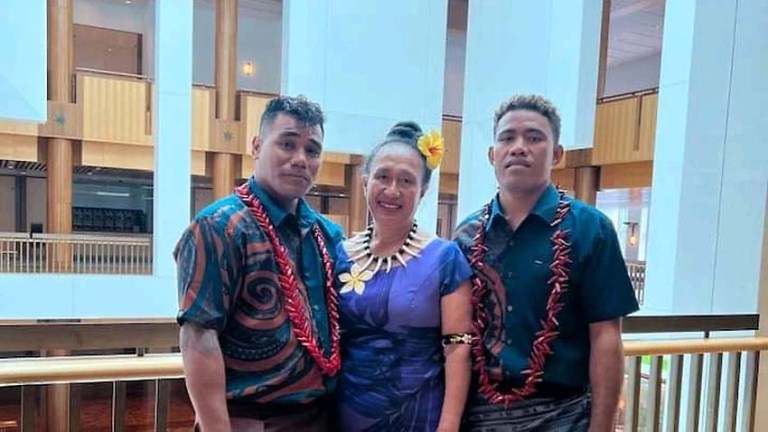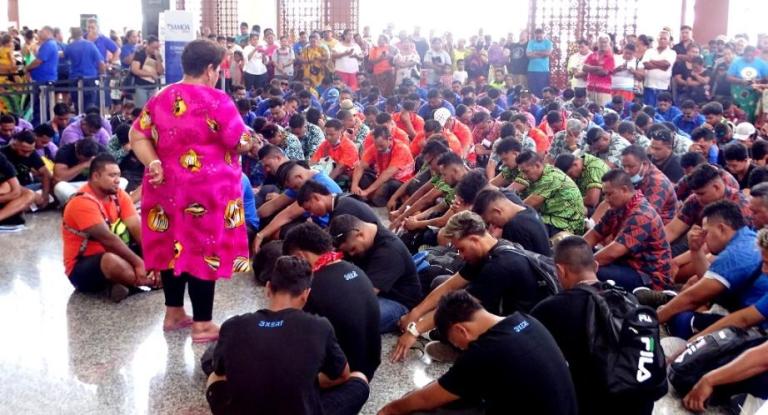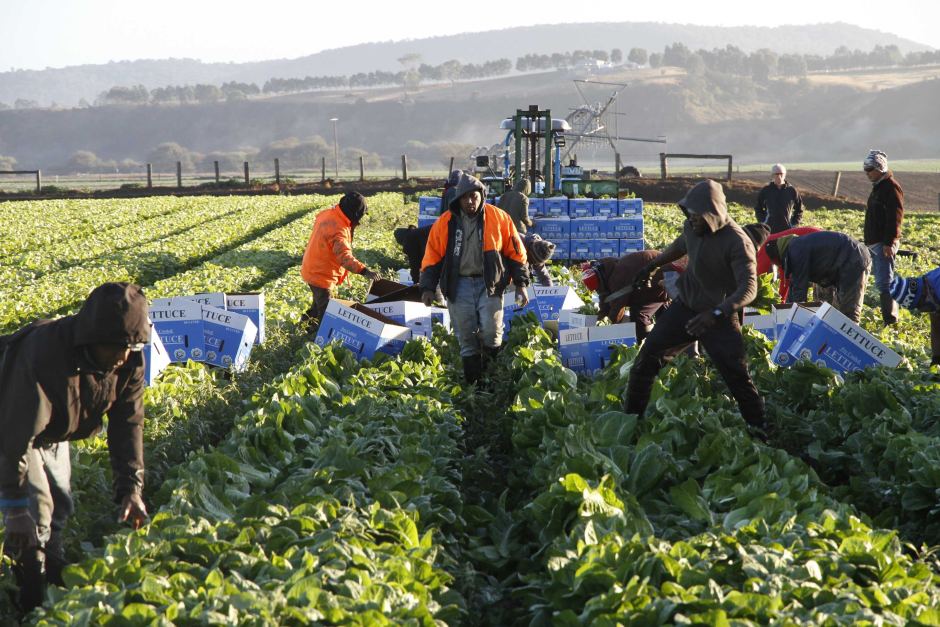Two Samoan workers under the Recognised Seasonal Employers Scheme in Australia have taken legal action against their Australian employers for wrongful dismissal.
The two workers sought assistance from a police officer in Brisbane as they feared speaking up against their dismissal.
With so many issues currently surrounding the seasonal workers in Australia, the police officer contacted the Samoan Government Ministry responsible for the scheme on 20 January 2022.
Not receiving a response from Samoa, he then referred the Samoan workers to the Aiga Samoa Organisation (ASO) in North Brisbane – an organisation that works and assists to resolve issues pertaining to Samoan immigrants in Australia.
After hearing the workers grievances, ASO contacted a lawyer with the Community Free Legal Service on the 31 January 2022.
Through their lawyer, the workers filed a claim for wrongful dismissal through the Fair Work Commission and a date is yet to be set for hearing.
Late last year, workers from around the Pacific working seasonal jobs in Australia exposed how they were being treated in Australia by some companies who recruited them.
The Samoan workers joined in and spoke of their fear of being terminated from their jobs, fear of being penalised by their villages back home, and fear of not getting another chance to work abroad if they talk or expose the situation they were in.

In a video clip of the boys giving evidence before members of a Senate Select Committee on Job Security, 29 year old Talipope Kalolo explained he and three other male workers struggled to sleep in a small room without an air condition or fan.
“The room is very hot and we are picked up at 4.00am for work,” he said.
“Rain or shine we worked throughout and our wet clothes eventually dried off our bodies.
“Food was scarce especially when we were tested positive for COVID-19 and we had to live on little supplies given. Four of us in one room, 2 toilet paper, 4 noodles, 2 soaps, 4 potatoes, 1 bread, 1 bottle of juice for 4 people for 1 week.
“After 10 days in isolation, we were not paid and we had no money. Then we continued to work with no test to be sure we were ok.”
While the term “modern slavery” is often used incorrectly by many people, after hearing the testimonies of Muese, Kalolo and others at the inquiry, the Associate Professor of modern slavery at the University of Notre Dame, Martijn Boersma said “there is good reason to use the term [modern slavery]”.
But not all of the seasonal workers are treated unfairly by their employers as the other workers spoke highly of their employers who have gone out to ensure the security of the workers with their companies.
The testimony of the Samoan workers revealed a difference on what they were told and signed before departure and what they found on arrival at work.
The Minister of the Ministry of Labour in charge of the RSE scheme, Leatinu’u Wayne Sooialo told the Soalepule TV Programme on Wednesday night that “it seemed the contracts were not thoroughly explained to the workers before they left, or they did not understand the details of the contracts.”
He said he will seek Cabinets approval to withhold the two groups of RSE workers for Australia planned for February and March until the issues and resolved.
Last week he told Parliament that given the multiple issues emerging, and the impact of the scheme on the Samoan labour market needs, the RSE or Labour mobility programme must undergo a full review.
At the moment, 3000 workers are in Australia with 2000 in New Zealand and there are concerns that some of these workers are teachers when the scheme should have accepted only the unemployed. The scheme has also removed the most physically productive sector of the population which has left villages without the young men to perform the traditional service – tautua to the villages.

It is alleged that the Liaison Officer in charge of the Samoan workers had warned all workers who are members of the United Workers Union Australia to remove themselves from the organisation.
The order is alleged to have come from the Government, but Leatinu’u said Cabinet made no such order.
“As a signatory to the International Labour Organisation, the Samoan government upholds workers’ rights, so the government will never give such an order as it would be inappropriate,” he stated.
In 2019, a representative of the United Workers Union in Australia Benjamin James, who is also the co-ordinator of the seasonal workers’ programme visited Samoa.
While he was here, he conducted several awareness programs for intending applicants under the seasonal workers scheme and also met with the Samoa First Union and the Samoa Workers Congress after identifying the problems faced by Samoan workers then under the program in Australia.
James admitted that after their own investigation, they realised that the workers were underpaid and that the workers needed to fully understand their contracts before committing to it.
He predicted more problems for seasonal workers if the issues were not addressed at that stage.
Two years later, the Samoan workers are some of the most affected.
SOURCE: TALAMUA ONLINE/ PACNEWS











